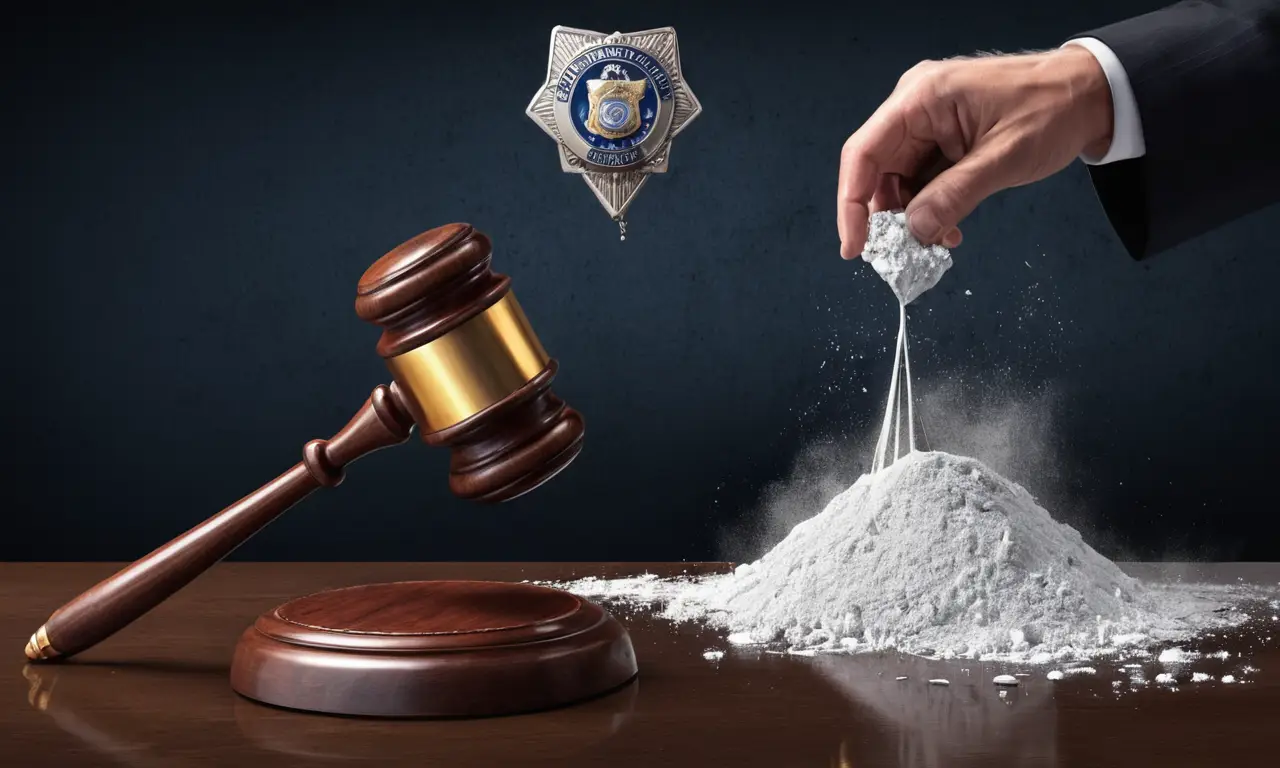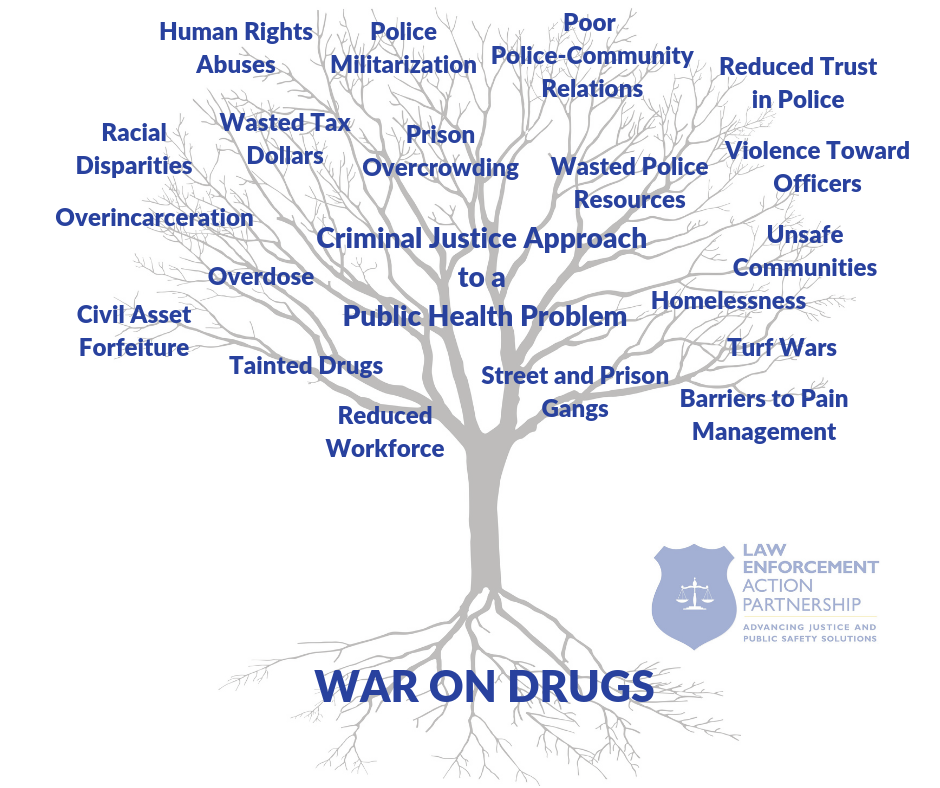The question of why do cops plant drugs is a deeply troubling one that strikes at the heart of public trust in law enforcement. While the vast majority of police officers serve their communities with integrity and dedication, allegations of drug planting cast a shadow over the entire profession. These accusations, though often difficult to prove, raise serious concerns about potential motivations for misconduct and the devastating consequences it can have on individuals and society as a whole.
This article will delve into the complex issue of drug planting by police, exploring the possible causes behind this behavior, the far-reaching consequences it can have, and the crucial need for accountability and transparency within law enforcement agencies. We’ll examine how these actions erode public trust, the legal ramifications involved, and the steps that can be taken to prevent such misconduct from occurring in the future.
Drug Planting by Police
Drug planting involves a police officer illegally introducing drugs or drug paraphernalia into a suspect’s possession during an arrest or search. This act of fabrication is a serious violation of law enforcement ethics and legal procedures, as it directly undermines the integrity of the justice system.
The planted evidence can then be used to secure a conviction against the innocent individual, leading to imprisonment, fines, and a criminal record that can have long-lasting repercussions on their life. The consequences extend beyond the individual victim, as drug planting erodes public trust in law enforcement and creates a climate of fear and suspicion within communities.
Instances of drug planting have been reported across various jurisdictions and involve different types of drugs, from marijuana to cocaine. While the specific methods employed may vary, the underlying goal remains the same: to create false evidence that can be used to secure a conviction. This practice often occurs during traffic stops, home searches, or arrests, where officers may exploit opportunities to plant drugs without being detected.
Causes of Drug Planting

The motivations behind drug planting are complex and multifaceted, but some common factors contribute to this behavior:
Pressure to Meet Quotas
In some jurisdictions, police officers face pressure to meet arrest quotas or drug seizure targets. This can create a perverse incentive for officers to engage in misconduct, as they may feel compelled to fabricate evidence to achieve their goals. The pursuit of these quotas can overshadow ethical considerations and lead to a disregard for due process.
Corruption and Personal Gain
Drug planting can also be driven by personal gain or corruption within law enforcement agencies. Officers may plant drugs to extort money from suspects, sell the seized drugs on the black market, or simply line their own pockets through illegal activities. This type of misconduct undermines the integrity of the entire justice system and erodes public trust in law enforcement.
Mistrust and Bias
In some cases, drug planting may stem from implicit bias or mistrust towards certain communities. Officers may be more likely to plant drugs on individuals from marginalized groups based on stereotypes or prejudices, leading to discriminatory practices within the criminal justice system. This type of behavior perpetuates systemic inequalities and reinforces harmful societal biases.
Consequences of Drug Planting
The consequences of drug planting are far-reaching and devastating for both individuals and society as a whole:
Wrongful Convictions
Drug planting can lead to wrongful convictions, where innocent people are imprisoned based on fabricated evidence. This not only violates their fundamental rights but also undermines the very foundation of justice. The emotional toll on those wrongly convicted is immense, as they face years of imprisonment, separation from loved ones, and the stigma associated with a criminal record.
Erosion of Public Trust
Drug planting erodes public trust in law enforcement agencies, creating a climate of fear and suspicion within communities. When people believe that police officers cannot be trusted to act fairly and impartially, it undermines their willingness to cooperate with law enforcement and report crimes. This can have a detrimental impact on public safety and community well-being.
Legal Ramifications
Drug planting is a serious crime that carries severe legal consequences for the officers involved. They can face criminal charges, disciplinary action, and civil lawsuits. These ramifications serve as a deterrent against misconduct but also highlight the need for robust oversight and accountability mechanisms within law enforcement agencies.
Public Trust and Law Enforcement

Maintaining public trust in law enforcement is essential for a functioning society. When people believe that their police officers are honest, fair, and committed to serving their communities, they are more likely to cooperate with law enforcement efforts and feel safe in their neighborhoods. However, allegations of drug planting can severely damage this trust, creating a cycle of suspicion and resentment.
Building and maintaining public trust requires transparency, accountability, and a commitment to ethical conduct within law enforcement agencies. This includes implementing policies that discourage misconduct, providing adequate training on constitutional rights and search procedures, and establishing independent oversight mechanisms to investigate allegations of wrongdoing.
Accountability and Investigations
Holding police officers accountable for drug planting is crucial for deterring future misconduct and ensuring justice for victims. When allegations are made, thorough and impartial investigations must be conducted to determine the truth. This may involve reviewing body camera footage, interviewing witnesses, and analyzing forensic evidence.
If evidence of wrongdoing is found, disciplinary action should be taken against the officers involved, up to and including termination. Additionally, criminal charges may be filed in cases where the misconduct is deemed egregious. It is essential that these investigations are conducted independently of law enforcement agencies to ensure impartiality and public confidence in the process.
Conclusion
Drug planting by police is a serious issue that undermines the integrity of the justice system and erodes public trust in law enforcement. While the vast majority of officers serve with honor and integrity, instances of misconduct can have devastating consequences for individuals and society as a whole. Addressing this problem requires a multifaceted approach that includes promoting ethical conduct within law enforcement agencies, implementing robust oversight mechanisms, holding officers accountable for their actions, and fostering a culture of transparency and accountability. Only through these efforts can we ensure that the justice system remains fair, impartial, and worthy of public trust.



